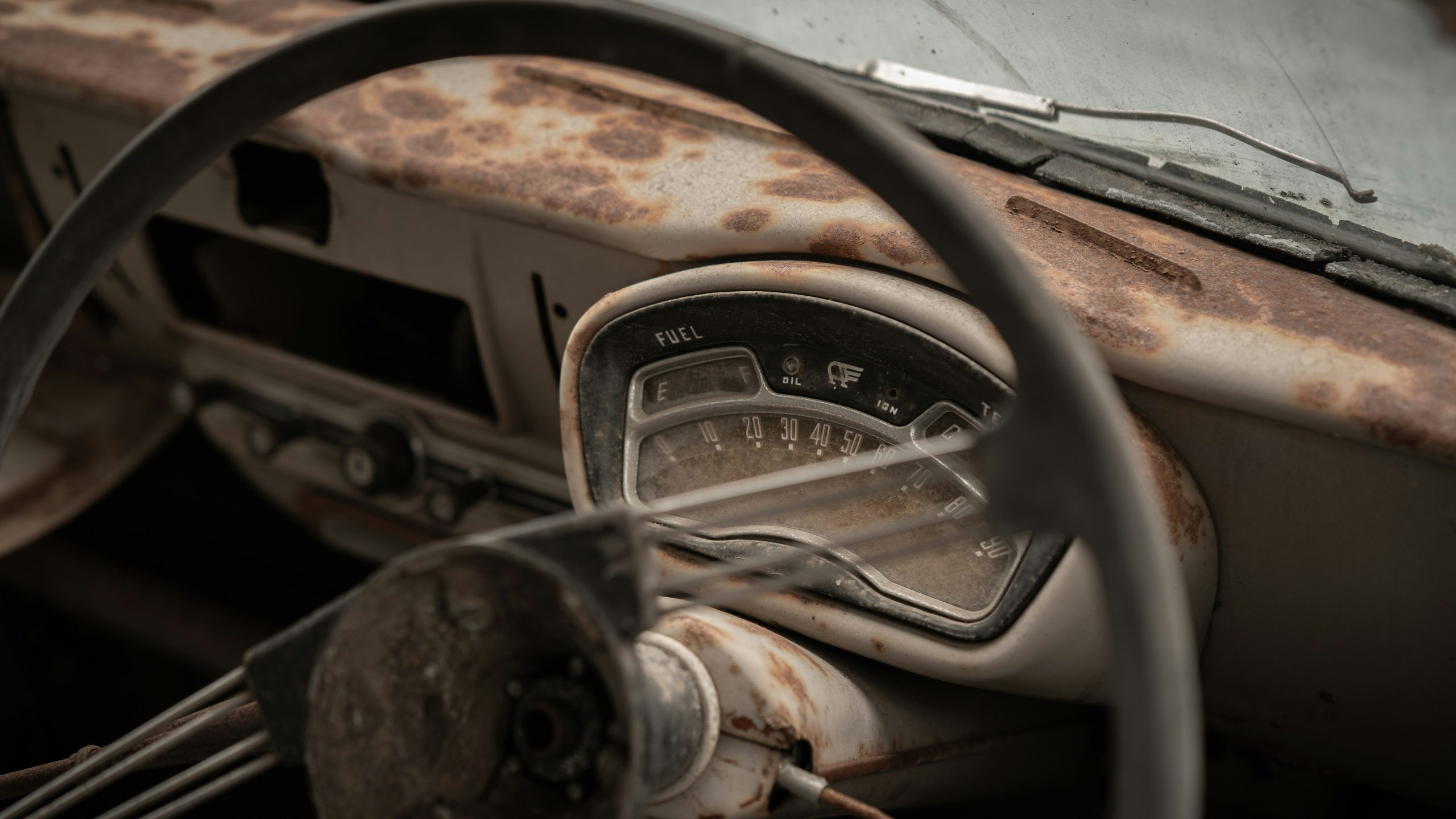Best Practices for Effective Vehicle Rust Prevention
Rust is a common problem for vehicles, especially in areas with high humidity or salty air. It not only affects the appearance of a vehicle, but it can also weaken its structural integrity. Ignoring rust can lead to costly repairs and even reduce the resale value of a vehicle. As such, it is important for vehicle owners to take preventative measures to protect their car or truck from rust. In this article, we will discuss the best practices for effective vehicle rust prevention and how it can save you time, money, and hassle in the long run.
The Importance of Vehicle Rust Prevention
Before we dive into the best practices for preventing rust on your vehicle, it is important to understand why it is necessary in the first place. Rust occurs when iron or steel is exposed to oxygen and moisture, causing a chemical reaction that results in the formation of iron oxide, or rust. In other words, it is a form of corrosion that can eat away at the metal components of your vehicle.
Not only does rust affect the appearance of your vehicle, but it can also weaken its structural integrity. Rust can compromise the strength of important parts, such as the frame or suspension components, which can be dangerous while driving. Additionally, if rust is left untreated, it can spread and cause more damage, leading to costly repairs.
Furthermore, rust can significantly decrease the resale value of a vehicle. Most buyers will be turned off by a rusted vehicle, as it is a sign of neglect and potential future issues. By taking the necessary precautions to prevent rust, you can protect your investment and maintain the value of your vehicle.
Best Practices for Effective Vehicle Rust Prevention
1. Keep Your Vehicle Clean and Dry
One of the easiest steps to prevent rust on your vehicle is to keep it clean and dry. Dirt, grime, and road salt can accelerate rusting, especially in areas where moisture is present. Regularly washing your vehicle can remove these harmful substances and prevent them from clinging to the metal surface.
It is also important to dry your vehicle thoroughly after washing. Any moisture left on the surface can cause rust to form. Pay extra attention to areas such as door jambs and underneath the vehicle, where water can collect and remain for extended periods.
2. Wax and Seal Your Vehicle
Applying a layer of wax or sealant to your vehicle not only adds shine and luster, but it also creates a barrier against moisture and salt. Waxing your vehicle at least twice a year can help prevent rust from forming and maintain the appearance of your car or truck.
In addition to waxing, you can also opt for a rustproofing or undercoating treatment. These methods involve spraying a layer of protective material on the undercarriage of the vehicle, which helps prevent rust from forming in areas that are prone to corrosion.
3. Address Any Scratches or Chips Immediately
Scratches and chips in the paint may seem minor, but they can be an open invitation for rust to form. As soon as you notice any damage to the paint, it is important to address it immediately. Clean the area thoroughly and apply touch-up paint or a rust converter to prevent further damage.
4. Use Rust Inhibitors
There are various rust inhibitors available on the market that can be applied to your vehicle to prevent rust from forming. These products contain chemicals that neutralize any rust present and create a barrier to prevent future rust formation. They can be applied to areas such as the undercarriage, wheel wells, and other vulnerable areas.
5. Regularly Inspect Your Vehicle
One of the best ways to prevent rust is to catch it early. Regularly inspecting your vehicle for any signs of rust can help you address it before it becomes a bigger issue. Pay attention to areas such as the bottom of the doors, around the wheel wells, and underneath the vehicle. If you notice any spots of rust, take action immediately to prevent it from spreading.
In Conclusion
Preventing rust on your vehicle requires a little bit of effort and maintenance, but it is well worth it in the long run. By following these best practices, you can effectively protect your vehicle from rust and save yourself time and money on costly repairs. Remember to keep your vehicle clean and dry, wax and seal it regularly, address any scratches or chips, use rust inhibitors, and inspect it frequently for any signs of rust. By following these simple steps, you can ensure your vehicle remains in top condition for years to come.










